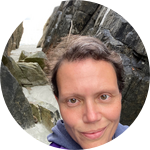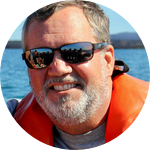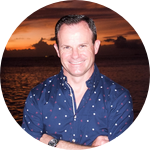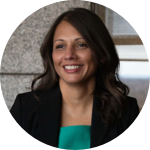About This Project
We know very little about how climate change is affecting areas at a local level as there is not enough climate data being generated at a fine scale, which is critical to wild areas and the species that live there. This project will examine the use of low-cost mobile sensors in the hands of the vast numbers of recreational outdoor enthusiasts to accurately observe and quantify local climate conditions in natural areas that do not currently have adequate climate monitoring capacity.
Ask the Scientists
Join The DiscussionWhat is the context of this research?
The health and vibrancy of many natural areas are in decline, and a growing body of literature suggests climate change is a driving factor with severe impacts on natural areas. However, such attribution faces uncertainty because there are not enough atmospheric observations in many of these natural areas to accurately quantify their climates. Citizen science observing programs have proven widely popular among outdoor enthusiasts and have matured into a scientifically accepted protocol for data collection. The climate data inadequacy presents an opportunity to engage the public in the gathering of essential climate observations with accurate, low-cost sensors to demonstrate the value of in-situ mobile citizen science to the climate data ecosystem.
What is the significance of this project?
Climate observations are made at a few thousand fixed locations globally, with natural areas often hundreds of km from the nearest observing station. Critical habitats may extend just a few km and rely on a unique local climate. Our approach creates a dynamic mobile source of climate observations operating in the spaces between the fixed stations.
This novel approach allows the generation of new climate observations that, when supplemented to the existing observing data, greatly enhance quantification and attribution of climate change, as well as formulating effective conservation responses. Scientists and conservation managers can use these data to improve ecological models, identify areas of concern and apply resources to adaptation or mitigation.
What are the goals of the project?
Our primary goal is to demonstrate that mobile climate observations made by citizen scientists can reduce the gaps in climate monitoring of natural areas and enhance the accuracy of the climate information used to assess and respond to climate changes.
We will compare the individual data sets from one hundred in-situ mobile citizen science, sensor platform observations (Temperature, Relative Humidity, GPS, and Altitude) to the climatologies developed from historical data and satellite-based observations to evaluate and demonstrate the value of public contributions to the climate data ecosystem.
Furthermore, we will quality control, anonymize and integrate those data with coarser data already in use, to accurately evaluate the climate in that place.
Budget
The funds raised in this campaign will be used to raise awareness of the project, secure at least 100 pilot participants who will be equipped with our passive temperature and humidity sensor device and conduct the project. Experiment Backers who wish to participate may be included among pilot participants as funds permit. Additional participants may be identified via a social media awareness campaign (e.g., We Don't Have Time, Facebook, Twitter, Instagram, etc.). The majority of funds will be used to manufacture and deliver sensors to selected participants. The cost per sensor is approximately $47. The final number of participants and sensors will be determined by the funds raised.
Endorsed by
 Project Timeline
Project Timeline
Sensors take about 3 months post-funding to receive and distribute to participants, during which we will secure participation. Data collected during the 3-month project will be processed by the project team. Analysis of data will commence about one month into the project and continue about one month after the end of the collection. Results will be published on our website and submitted to an open-source scientific journal and anticipate the continuation of data collection beyond the formal end.
Jan 24, 2022
Project Launched
May 30, 2022
Receive and distribute 100 sensors: Approximately 90 days after funding close.
Jun 06, 2022
Launch pilot data collection effort: Approximately 100 days after funding close.
Sep 05, 2022
Receive 1000 data files from participants:Approximately 190 days after funding close.
Nov 28, 2022
Complete analysis of pilot data: Approximately 280 days after funding close.
Meet the Team
Team Bio
2DegreesC was founded by a team of partners of great experience and expertise in climate science and climate services. We count among this team former staff and associates from NOAA’s National Centers for Environmental Information, including database developers, data managers, the data quality administrator, and a director of corporate partnerships. Our team is enhanced by several key innovators in the area of conservation, electrical engineering, and systems architecture.
Karsten Shein
I do the sciency stuff.
Marine climatologist with a passion for connecting people to nature and solving climate challenges through tech-driven citizen science.
PhD in climatology and physical geography from Michigan State University and a 25+ year career as a climate scientist and knowledge broker, first with NASA, then at university, and later at NOAA. Most recently director of the Midwestern Regional Climate Center at the University of Illinois.
Leading authority on climate data, author/editor of major climate assessments and vulnerability reports, lead negotiator of international environmental agreements, and inventor of a widely used metadata standard.
Award-winning author of more than 250 articles, research SCUBA diver with a love of the oceans and all outdoors, avid photographer, EDM geek, gamer, and dad.
Working with climate data, I saw the sizeable gaps in the global observing network, and knew that citizen science could help close those gaps and make a critical contribution to science, but only if done right. That's what 2 Degrees C is about.
Neil van Niekerk
A firm believer in the power of science and the ability to do better.
A computer systems engineer (Ex EDS) who has sophisticated experience in consumer engagement and business management, particularly in the consumer recreation sector.
He will lead all project partnership efforts and implementations and will coordinate the development of participant outreach and engagement activities.
He received a Cayman Islands Heroes Day Award in 2017 and was nominated for the Governor's Award for Conservation (2012 & 2014)
In 2012 he led a team of 19 to explore a seamount south of Cuba to study population densities of invasive Lionfish, as part of the documentary film, 1000 Days for the Planet.
A South African native, that now lives in Florida.
Jenny Dissen
Together, we can galvanize ideas and mobilize forces to protect, preserve our planet and prosper. I believe we can leverage public, private and academic institutions - locally, nationally and globally - to reimagine how we live in harmony with our planet.
As I look to the future generations, my children's future, the one unfailing gift I can leave is knowledge of this current time, and space, and collect environmental data and information from this time, this space, that will brings insights.
At 2DC, the network of citizen scientists can deploy Leaf sensors and collect information about our planet, and stitch the data holes.
MS in environmental engineering, from NC State University, certificate in climate change and society. A 22+ year career working at the intersection of energy, business transformation, climate data, big data, engagement and policy, knowledge broker with data scientists and industry leaders, first with Accenture, w energy industry, then research institute at NOAA NCEI.
Additional Information
An added significance is that such a citizen science approach can grow exponentially, globally, and into other environments (e.g., urban, agrarian) and address societal as well as ecological climate impacts.
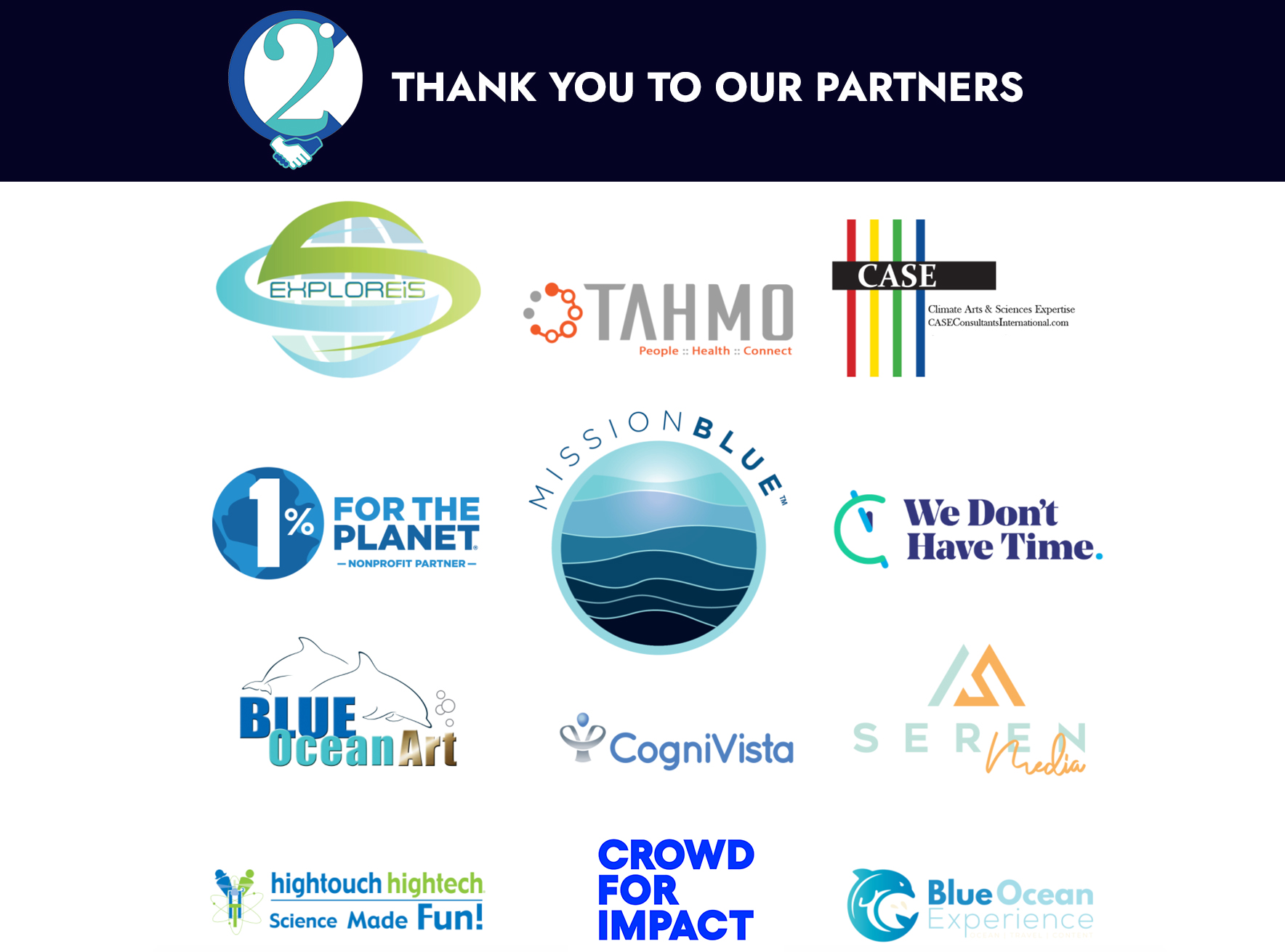
Project Backers
- 11Backers
- 27%Funded
- $2,020Total Donations
- $183.64Average Donation
